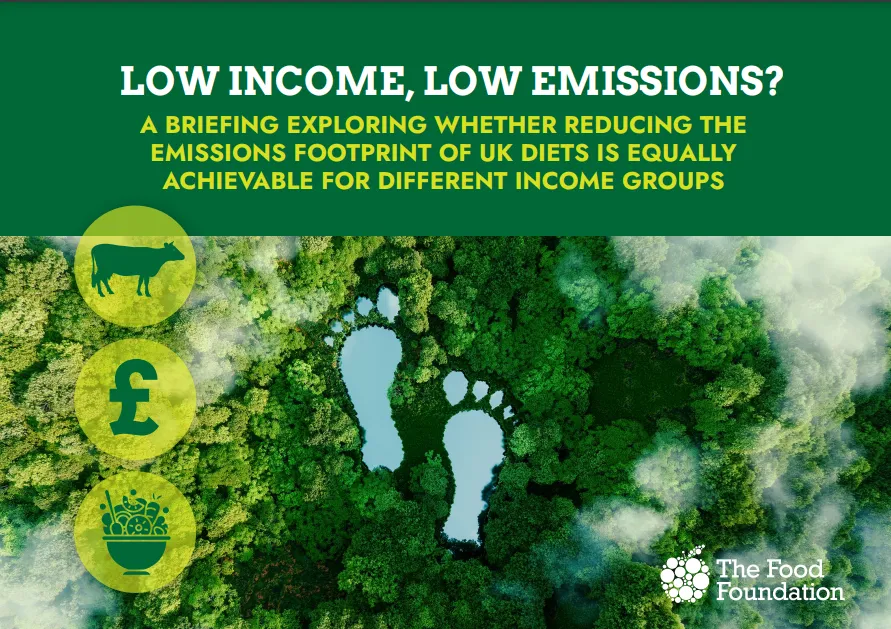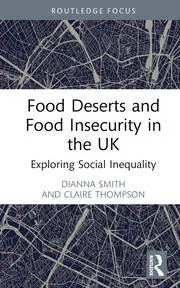
This article focuses on the health and justice issues of food consumption and damages to ecosystem services and agricultural productivity. In it, FCRN Network member Quentin Farmar-Bowers argues for a whole systems perspective for solving Australia's food issues. The author points out that while the Australian food system currently produces enough food to export to the rest of the world and even though the country's policies have generally facilitated business expansion, policies have not successfully addressed health and environmental issues related to food and natural resources. He argues that Australia's commercial food supply systems are linked to problems such as biodiversity loss and diet-related health problems in the population. Diet related health problems linked to consumption, production, environmental and control issues are common. Change within the food system is needed, but the author argues that a more holistic approach is needed, with a greater focus on goals that go beyond food security alone. These include human rights, national securities, human needs, authentic happiness, capabilities, sustainability and environmental ethics.
Abstract
Although agriculture in Australia is very productive, the current food supply systems in Australia fail to deliver healthy diets to all Australians and fail to protect the natural resources on which they depend. The operation of the food systems creates ‘collateral damage’ to the natural environment including biodiversity loss. In coming decades, Australia’s food supply systems will be increasingly challenged by resource price inflation and climate change. Australia exports more than half of its current agricultural production. Government and business are aiming to substantially increase production to bolster exports. This will increase pressure on agricultural resources and exacerbate ‘collateral’ damage to the environment. The Australian public have a deep and ongoing interest in a very wide range of issues associated with the food systems including the environment, health and sustainability. Food is something we require in order to live and a good diet is something we have to have to be healthy. For health over a life-time we need food security. However, we also require a range of other material goods and social arrangements in order to develop and flourish as human beings. And we need these other things to be secure over a life-time. Food is therefore one security among a range of other securities we need in order to flourish. The paper outlines a number of approaches, as examples, that help to identify what these other goods and arrangements might be. The approaches mentioned in this paper include human rights, national securities, human needs, authentic happiness, capabilities, sustainability and environmental ethics. The different approaches provide a way of evaluating the current situation and indicating a direction for change within the food systems that will address the problems. However, changing large systems such as those involved in food supply is difficult because inertias and vested interests make the current food supply systems resilient to change. The paper suggests that one of the first and ongoing tasks is to develop an understanding of the situation from a comprehensive social–ecological systems perspective. The paper also suggests that a practical leverage point for system change is restructuring the flow of information on the health, natural resources and biodiversity loss issues related to the food supply systems.
Citation
Farmer-Bowers, Q., (2014) Food Security: One of a Number of ‘Securities’ We Need for a Full Life: An Australian Perspective. J Agric Environ Ethics, Volume 27, Issue 5, pp 811-829
You can read the full paper here.
If you want to read more, search our website using the search words 'wellbeing + health'. You can also read our Research Library section on Food security.




Comments (0)